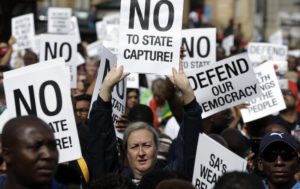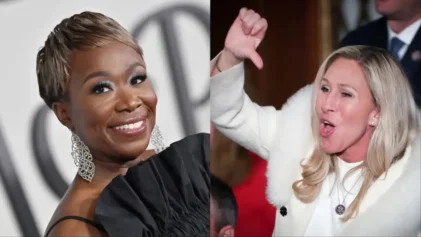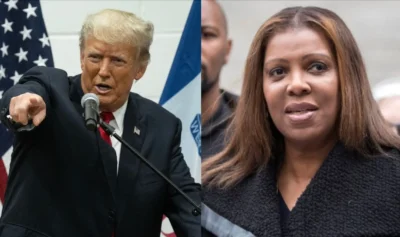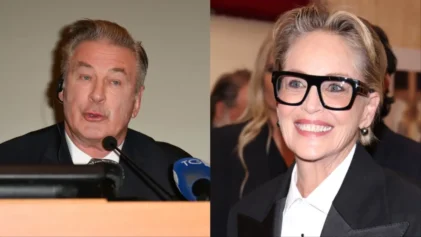
AP Photo/Themba Hadebe
Johannesburg, South Africa (AP) — South Africa’s Black president on Monday said many white demonstrators calling for his resignation are racist, in remarks that critics are likely to view as an effort to undercut growing concerns about his leadership.
President Jacob Zuma spoke at a commemoration of an anti-apartheid leader who was assassinated in 1993, sharply criticizing multiracial protests that were held Friday to express anger over Zuma’s dismissal of a respected finance minister last month and past scandals linked to the president.
“The marches that took place last week demonstrated that racism is real and exists in our country,” Zuma said at the memorial in Boksburg, near Johannesburg. “Many placards and posters displayed beliefs that we thought had been buried in 1994, with some posters depicting Black people as baboons. It is clear that some of our white compatriots regard Black people as being lesser human beings or subhuman.”
The president also referred to “overt racist utterances and public displays that we saw during the marches last week.”
Tens of thousands of South Africans attended the protests on Friday in major cities in the biggest show of discontent with Zuma, who also has fended off challenges to his leadership from within the ruling African National Congress party. Key allies of the ruling party, including the South African Communist Party and the country’s biggest labor group, have urged him to resign. The divided ANC, however, is seeking to project an image of unity and says it will defeat an opposition bid to oust Zuma in a parliamentary vote of no confidence on April 18.
The memorial where Zuma spoke was held in honor of Chris Hani, an anti-apartheid leader who was fatally shot on April 10, 1993. The killing of Hani by white racists stirred fears of all-out racial conflict, but Nelson Mandela calmed the situation. He won South Africa’s first all-race elections in 1994, making him the country’s first Black president.


